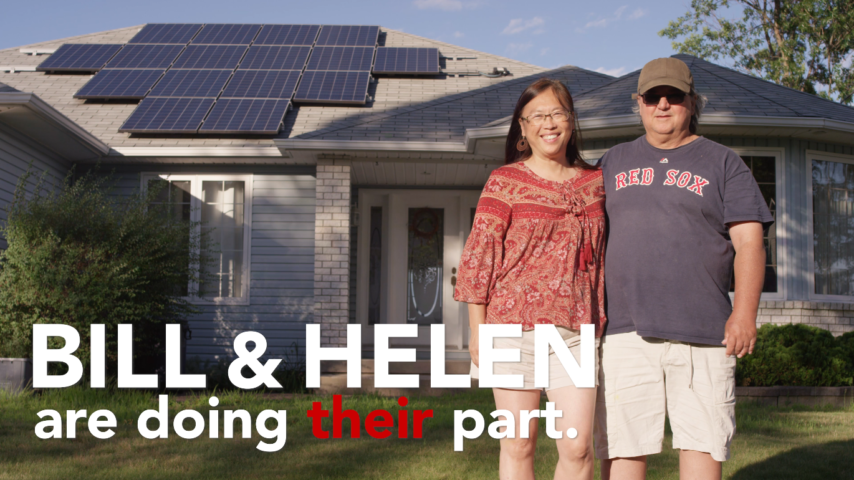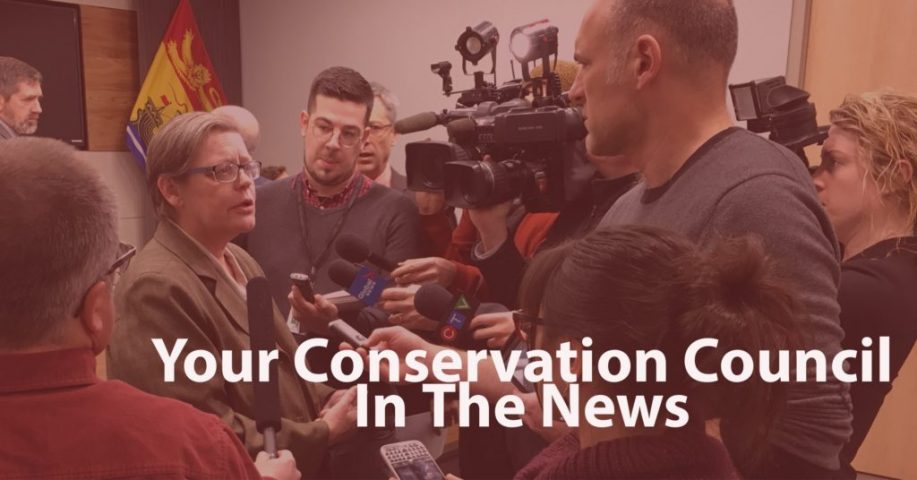
In this edition of EcoNews, we bring you our reaction to the federal government’s Throne Speech, delivered yesterday, which contained strong commitments on climate action, and our reaction to the federal government’s approval of N.B.’s heavy polluters pricing system, announced earlier this week, which was considerably weaker on climate action; we’re excited to share two new videos in our For The Love of New Brunswick climate action series, the first focused on New Brunswickers like you who are doing their part, and the other with a hunter named Jonas who loves spending time in our natural, mixed-wood forest; and, finally, we bring you a roundup of recent media hits.
NEWS

Throne Speech commits to climate action, building Canada back #BetterThanNormal
We’re pleased to see strong commitments from the federal government in yesterday’s Speech from the Throne to advance action on a number of critical fronts, from addressing systematic racism and environmental injustice faced by our Indigenous communities, better protecting nature so it can help protect us, to big pledges on renewable energy and energy efficiency. While welcoming these committments, we look forward to seeing the details, over the next few months, of the actions and programs we need to protect our health and our communities both from the impact of the COVID-19 pandemic and the floods, droughts, wildfires and ice storms of the climate change crisis. Read our full statement on the Throne Speech below.

Federal approval of lax regulations for big polluters fails to spur clean energy future New Brunswickers want
While it was mostly an environmentally-friendly Throne Speech, Monday’s announcement from the federal government was unfortunately lacking in that respect. The feds approved New Brunswick’s Progressive Conservative government’s weak proposal for regulating the province’s heaviest industrial polluters. Essentially, the move lets our biggest polluters, such as Irving Oil and NB Power, off the hook for taking serious action on the reducing carbon pollution causing climate change. And, as our Louise Comeau points it, it shows a dire need to fix the federal government’s benchmark for carbon pricing systems. Read more of what Louise has to say below.

Our new climate action video helps you become part of the solution!
We’re excited to share with you the latest videos in our ‘For the Love of New Brunswick’ climate action series! See what New Brunswickers just like you are already doing to help protect our communities from the impacts of climate change. Watch it on Youtube (where you’ll find the other videos in the series) or watch it on Facebook where you can like and share it with your friends and family! And, as the season changes and New Brunswickers venture into the woods in search of some hearty, local game, check out our video with Jonas, a hunter who loves getting out into the woods and wants to see New Brunswick’s forests stay resilient in the face of climate change. Find that video on Youtube here, or Facebook here. When you’re done watching, be sure to head to the link below for our climate action hub, where you’ll find all the info and tools you need to start making a difference at home and in your community.

We work hard to make sure a strong environmental voice is heard in the New Brunswick print, radio and television media. Here are the latest stories Conservation Council staff have been called upon for expertise, analysis and commentary:
Sept. 23 — Federal government failing New Brunswickers by approving weak regulations: Comeau: Our Director of Climate Change and Energy Solutions, Louise Comeau, weighs in on the federal government’s approval of New Brunswick’s weak system for regulating our heaviest industrial polluters.
Sept. 10 — Poll shows New Brunswickers want more protected land, less spraying: Acadie-Nouvelle reports on our poll (with Atlantic Salmon Federation and CPAWS-NB) showing that New Brunswickers are overwhelming in support of more protected natural areas and an end to glyphosate spraying in our woods.
Thank you for reading


